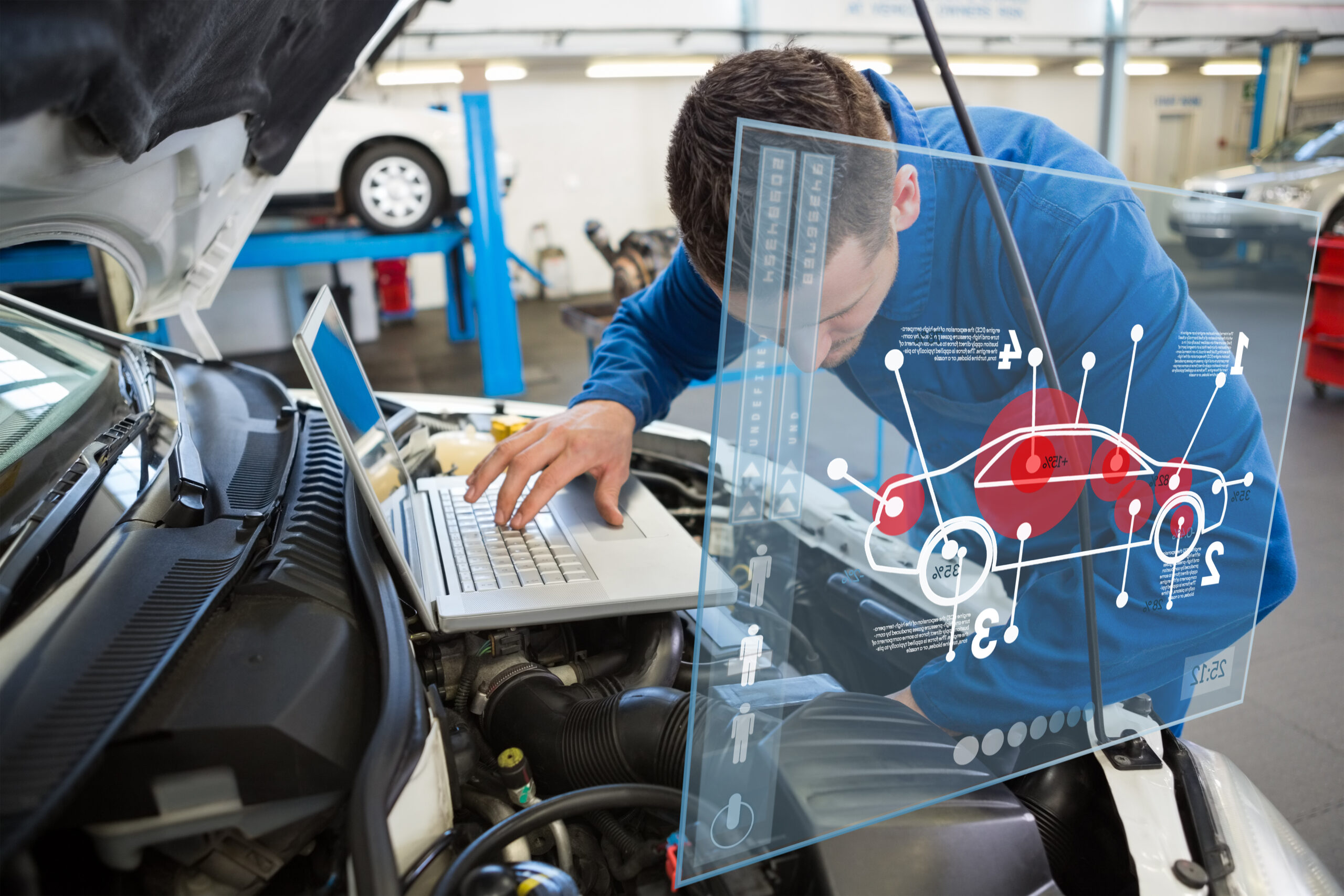The Right Way to Buy Fuel Saving Cars

You should be extremely careful in buying your new car what with sky high gasoline prices in the market. Not exercising care in this aspect would mean you ending up getting a car that will gulp down a lot of fuel, yet not get you driving anywhere.
Jack Nerrad, managing editor of Kelley Blue Book, believes that there is an element of being wise by the pennies and foolish by the pounds.
Getting Started
Fueleconomy.gov is one of the best places you could get started. This site is operated jointly by the Department of Energy and the Environmental Protection Agency. This site gives you the city and highway fuel economy for all the cars, market passenger cars and trucks, sold in the USA.
A new testing system was introduced last year. This testing method has produced realistic numbers as opposed to previous years, which did give some really inflated numbers for the cars.
Along with these information, you would get all the additional information that will help you in choosing a car. All you have to do is to click on a particular car, and you would be able to find all the information you wanted to find. In the page where all the details of the car are given, you would find the annual fuel costs. This is one good comparison between vehicles. In an instant, you would be able to compare a fuel-efficient vehicle with let’s say a Suzuki sedan.
The Chevrolet Tahoe and the Ford Expedition differ just by the 2-mpg. But did you know that in terms of fuel costs, the difference is about $435 every year. On the other hand, you also have the Toyota Corolla compact car and the Toyota Camry midsized car, both different by about 4-mpg, but differing by $270 in terms of fuel costs.
You would certainly need to keep an eye on the fuel efficiency as this is one of the main determinants before you get buying a car.
Fueleconomy.gov’s annual fuel cost estimates are based on 15,000 miles per year of driving. This number is evenly split between the city and highway. Before looking at these numbers and trying to apply them to your case, you would do well to look into your case.
Factor in All Other Costs
Before buying a car, you would need to factor in the depreciation costs. This is the difference in the cost at which you bought the car, and the price at which you can sell the car, at the time of selling.
Let us take the example of The Honda Fit and Ford Focus. These cars do not differ a lot in their prices. The Ford Focus car is lesser efficient in fuel. This almost causes it to lose $3,600 more in depreciation over a period of time as compared to the Honda Fit Model. Depreciation costs thus play a deciding role in making you choose the right car.
Just so you know, this depreciation cost would not be too big in difference in the case of cars that are priced similarly.
Don’t Get Caught Up in Hype
People often make the mistake in thinking that buying hybrid cars would get them to be more fuel-efficient. This is a myth that requires some explanation.
Hybrid vehicles are not available a lot in the market. Add to this the fact that some of the non-hybrid vehicles come cheaper than the hybrid vehicles. One of the main reasons for this is the use of hybrid technology in the hybrid vehicles, which makes them a touch expensive.
Compare Toyota Highlander Hybrid and the Toyota RAV4 for example. You would find that the Highlander has a fuel economy of 26 mpg. This makes for a spacious and a three-row SUV. On the other hand, you would find the Toyota RAV4 is a touch smaller than the Highlander. With that being said, you would also find that the price of the RAV4 is a touch less.
You could look at the Toyota Prius if you are really preoccupied with the thought of buying a hybrid vehicle. This car surely gives good performance and other features that makes it a car to buy for the price you would pay for it.
One of the best known cars for effective use of hybrid technology is the General Motors’ Saturn Vue Green Line. This car uses a mild hybrid system. Use of the mini hybrid system ensures that the car just does not run on electric power alone.
This enables the car to give good fuel economy. Overall, it must be said that the supplies of components for hybrid vehicles are tight.
From this summer onwards, you would find a lot diesel trucks hitting showrooms as opposed to the gas trucks. Now, these trucks do have a good fuel economy but are also priced a bit higher than their gas counterparts.
Gains on the fuel economy front and a higher resale price of these diesel cars surely should make them good buys over the next couple of years. Considering that these benefits will stay with you for some time to come, you would find that diesel cars are indeed popular.
Don’t Forget Your Real Needs
One of the important things you would need to think of is your need. Why do you really want to buy a car? Do you really require a SUV for your driving needs? Get out of the mindset that small cars do not offer space for people to sit in.
Small cars like the Nissan Versa offer good legroom and seating space for people to sit in. This could easily be compared to some of the midsized cars like Toyota Camry. One big advantage of using a Versa is its fuel economy. This car runs four miles further than some of the midsized cars thus saving you about $269 every year.
One thing you need to look at carefully are the trade-offs. This could hurt you in the longer run, especially if you wish to resale this at some point of time.
With most cars, you would need to take into count the advantages of an all-wheel drive. See if it impacts your fuel economy. If it does, you would be advised to stay away from it, because somewhere down the line you would realize that the resale value for such cars is low.
Gas prices are an important point to think of before you get buying a new car. With that being said, this surely should not be the only thing that consumes your mind. If you look only at the gas prices and not think of other benefits the car may offer you, you could end up on a losing deal.






